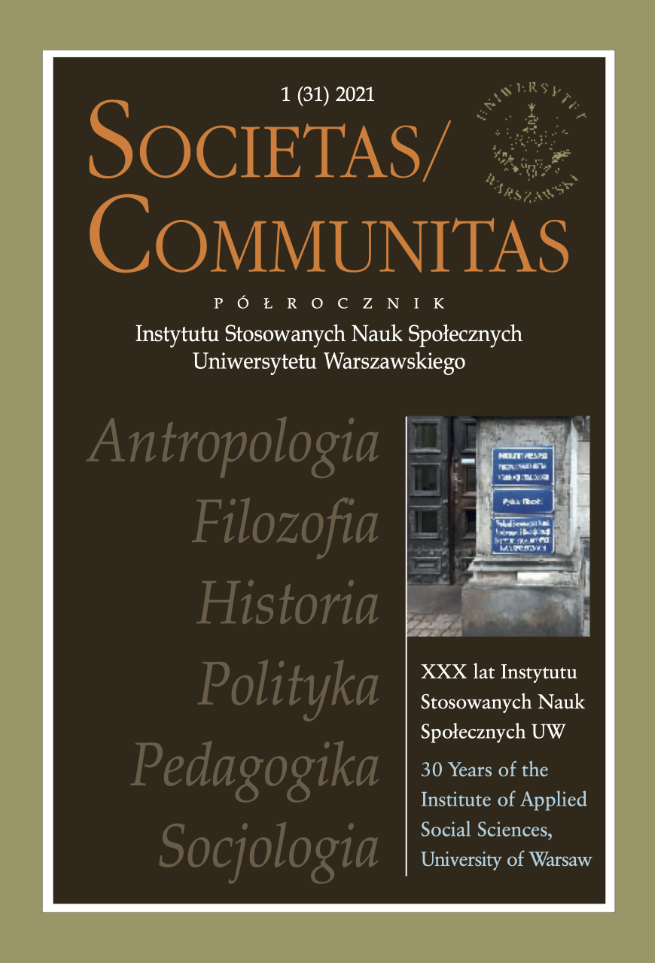Spór o „rewolucję seksualną”
Controversy Regarding the "Sexual Revolution"
Author(s): Elżbieta KaczyńskaSubject(s): Social Sciences
Published by: Instytut Stosowanych Nauk Społecznych Uniwersytetu Warszawskiego
Keywords: the concept of "bastard"; "legitimate" children – "illegitimate" children; dynastic family; legal regulations regarding the family and illegitimate children; changes in religiosity and customs; thesis
Summary/Abstract: Distinguishing between "legitimate" and "illegitimate" children, that is, born by a woman who was legally married or born out of wedlock, was always of great importance. This was due to the fact that the term "family" was understood in the dynastic sense. For its preservation, the identity of the father was necessary, and that could not be definitively determined biologically until the beginning of the twentieth century; besides, it was not legally possible to assert paternity. The legal term "bastard" had a pejorative meaning, and stigmatized the children of unknown fathers. Even if the .bastard. came to property or significance, there was the burden of illegitimate origin; the child and mother fell into the category of people treated with contempt. In the nineteenth century there was an increase in the proportion of .illegitimate. births, which inhistoriography was taken as a sign of the sexual revolution resulting from the weakening of religion and customs; there was a separation of the sexual act from the duty of procreation. The unfavourable situation of "bastards" endured for a long time; in fact, we can only talk about radical change at the turn of the twenty-first century, in attitudes to sexual life and the character of the family. Nevertheless, this does not mean that the absence of a father no longer has a negative impact on children.
Journal: Societas/Communitas
- Issue Year: 2021
- Issue No: 31 (1)
- Page Range: 257-282
- Page Count: 26
- Language: Polish

